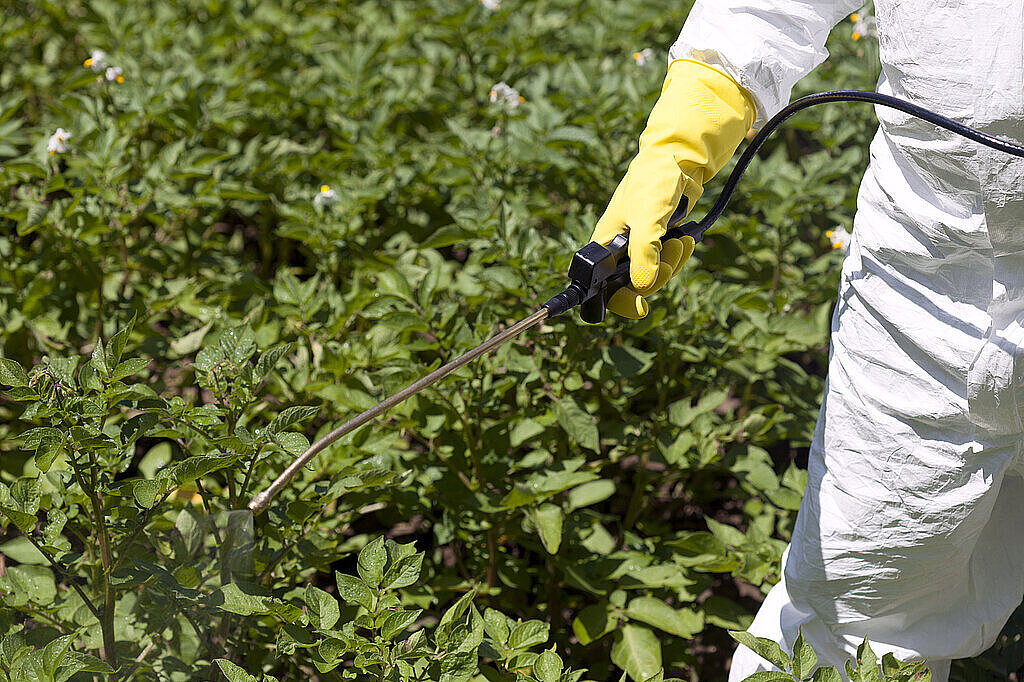Carbamate

In the world of pet care, we are constantly looking for effective solutions to protect our four-legged friends from pests and diseases. Carbamates, a group of chemical compounds, play an interesting but controversial role in this. This article takes a comprehensive look at carbamates, explains their function and discusses both the potential benefits and risks associated with their use in dogs.
What are carbamates?
Carbamate compounds are chemical substances that are widely used in agriculture, industry and the home, including as pesticides, herbicides and in some cases in pet parasite control products. They work by inhibiting the function of the enzyme acetylcholinesterase, which leads to overstimulation of the nervous system and ultimately death in pests. This mode of action makes them effective weapons against a wide range of parasites, but also poses risks to the health of our dogs.
Advantages of carbamates in parasite control
Effective control of pests
The main benefit of carbamates is their effectiveness in controlling parasites such as fleas, ticks and other harmful insects. Products containing carbamates can help to reduce infestations quickly and effectively, which not only increases the dog's well-being but also minimizes the risk of parasite-borne diseases.
Versatility in application
Carbamate-containing products are available in various forms, including sprays, shampoos and spot-on preparations. This variety offers pet owners flexibility in choosing the treatment method that best suits their pet and their specific needs.
Disadvantages and risks of carbamates
Health risks for dogs
Although carbamates are effective in parasite control, they can be toxic to the dog itself, especially if overdosed or used improperly. Symptoms of carbamate poisoning can include nausea, vomiting, diarrhea, excessive salivation, muscle tremors, and in severe cases even seizures and death. Particularly sensitive dogs or those with pre-existing health problems may be even more susceptible to adverse effects.
Environmental concerns
In addition to the health risks to dogs, carbamates also pose a potential threat to the environment. As pesticides, they can leach into soil and water, where they can disrupt the balance of ecosystems and harm non-target species.
Careful consideration is required
While carbamates can provide an effective solution for controlling parasites in dogs, their use is not without risks. The decision to use them should not be taken lightly. It is important to carefully weigh up both the benefits and the potential dangers and, where possible, consider safer alternatives.
If you notice any signs of hypersensitivity or poisoning in your dog, you should see your vet immediately. We are not a substitute for a vet, but we try to be as accurate as possible. Every dog reacts differently and we recommend you get a second opinion or consult your vet if in doubt.
Stay healthy and take good care of your four-legged friend!😊
Similar to Carbamate
Neonicotinoids are a class of synthetic insecticides that bind to the nicotinic receptor of insects and thereby disrupt the nervous system. Since their introduction in the 1990s, they have been...
What are organophosphates? Organophosphates are organic molecules that contain phosphorus. They are produced synthetically and are highly toxic to insects and other pests. This is why they are often...
Pyrethroids are synthetic chemical compounds that are used as insecticides. They mimic the action of pyrethrins, which occur naturally in the flowers of certain species of chrysanthemum. Due to...
Thiacloprid belongs to the chemical class of neonicotinoids, which act as neuroactive insecticides by binding to specific receptors in the nervous system of insects and paralyzing or killing them....



